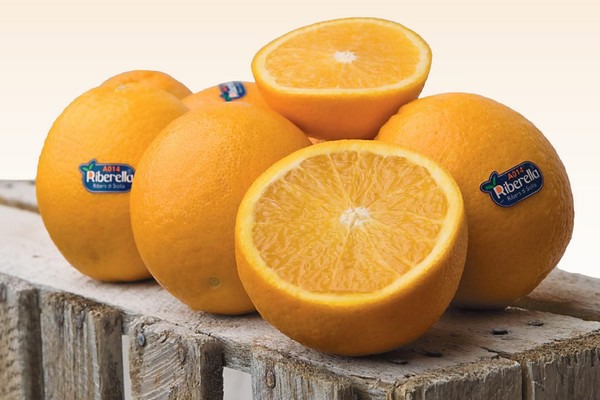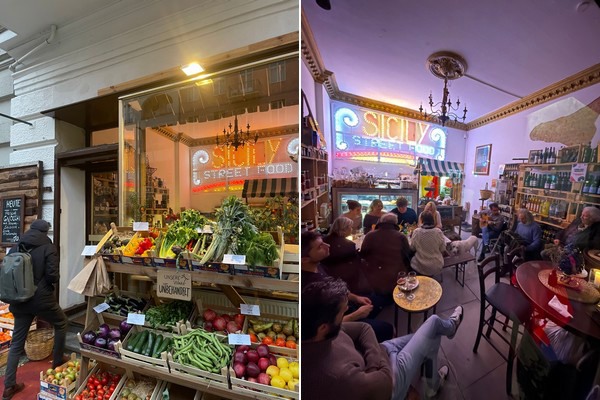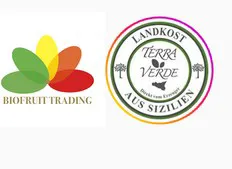As the new year begins, the traditional Italian citrus season also picks up speed. This year, there is an abundant citrus harvest available, reports Nicoló Sparacino of Berlin-based trading agency Biofruit Trading. "However, there is a relatively high proportion of small-caliber fruits. Demand in the Italian domestic market has noticeably dropped, while the need in export transactions, especially in Germany and France, has increased."
"This suggests that Italian citrus fruits still have a very high value compared to Spanish and North African products. Therefore, I do not expect any difficulties in citrus exports in the coming years," says Sparacino, who also markets organic oranges, clementines, and lemons from Sicilian organic farming.

The flagship of Sicilian citrus production is still the Blondorange Washington Navel, followed by the Navelina.
Nevertheless, climate change is particularly noticeable on this island in the far south of Europe, Sparacino continues. "Due to the weather, the citrus harvest got off to a later start this year than usual. Meanwhile, Sicilian fruit farmers are increasingly relying on new crops and exotics. With blood oranges, this has led to us only being able to offer well-colored goods in January." There were similar problems with blood oranges in the previous season.
The generally difficult political situation (such as the war in the Middle East and the situation on the Red Sea) is also complicating matters, negatively affecting global fruit trade. "This will only further reinforce the trend towards products from local, national, and European cultivation. Personally, I also believe that we should focus on strengthening the European market in order to increase and improve productivity and logistics here," Sparacino concludes.

In addition to importing and distributing Sicilian organic fruits, Sparacino also runs a specialty retail business under the name Terra Verde. Recently, the second location with an integrated farm-to-table restaurant was opened.
Images: Biofruit Trading
For more information:
Nicoló Sparacino
Biofruit Trading
Handjerystrasse 48
12161 Berlin
Tel: +49 30 49805194
[email protected]
www.biofruit-trading.com/
